
 |
|
|
Corn
Volume 57 Number 7 Date 05/24/2012 EUROPEAN CORN BORER - The spring flight of moths continued for the third week, with counts of 1-85 moths per trap registered from Janesville to Chippewa Falls. The European corn borer degree day model suggests that the peak in moth activity has already occurred in the south-central, southwest and west-central areas and should occur before June 2 in the central counties and by June 10 in the northern counties. Most corn is unsuitable for larval development at this time, so egg deposition is likely occurring on peas, peppers, potatoes, snap beans and various weed hosts. WESTERN BEAN CUTWORM - Pheromone trap installation is planned for the first two weeks of June this year. If warm weather continues, the first moths could emerge by early June. Persons interested in participating in the trapping program should email Clarissa Hammond at clarissa.hammond@wi.gov or call 1-866-440-7523 before June 13. BLACK CUTWORM - Light injury was noted in 2 of 21 corn fields sampled in the past week. This observation, coupled with reports of economic damage of 3-13% in a few fields last week, should serve as an indication for crop advisors and growers to continue inspecting emerging corn for signs of larval feeding. A rescue treatment is justified when 3% of plants are damaged. CORN ROOTWORM - Research conducted by entomologists at the Illinois Natural History Survey shows that 50% of overwintered eggs will have hatched between 684 and 767 degree days (base 52°F), or from May 25-June 1 near Janesville and Madison. All corn fields, both Bt and non-Bt hybrids, should be inspected for larval feeding injury in June. Continuous non-Bt corn and Bt corn with persistent populations are at greatest risk for root damage. Corn rootworm degree day accumulations through May 23 were as follows: Madison 644, La Crosse 707 and Wausau 466. -- Krista Hamilton, DATCP Entomologist 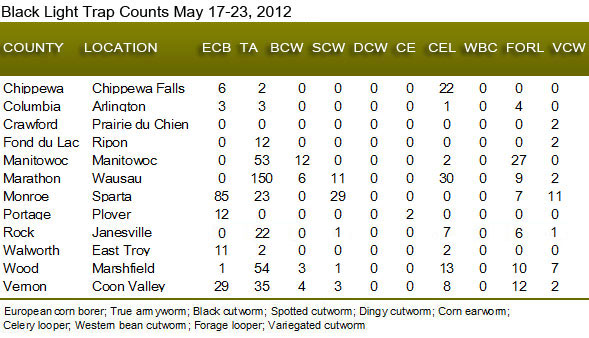
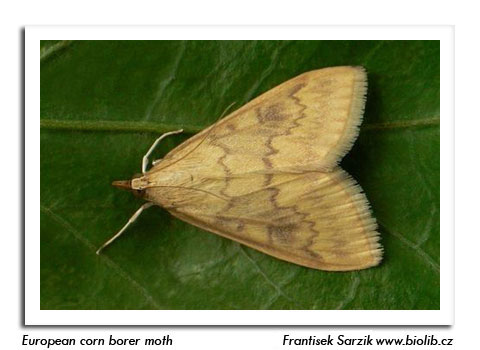
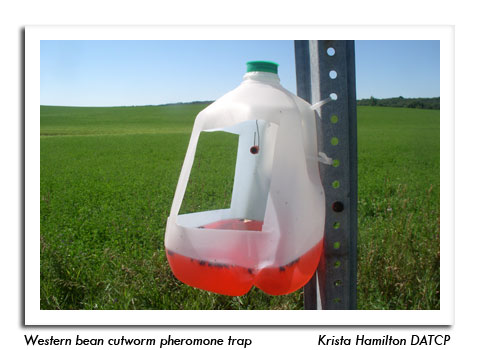
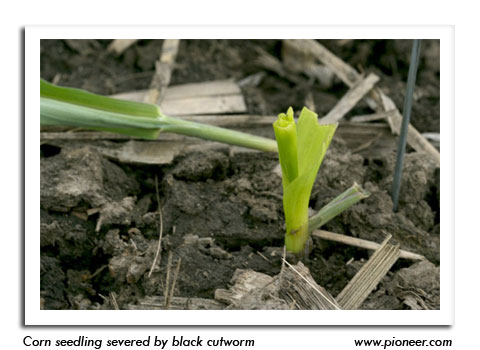
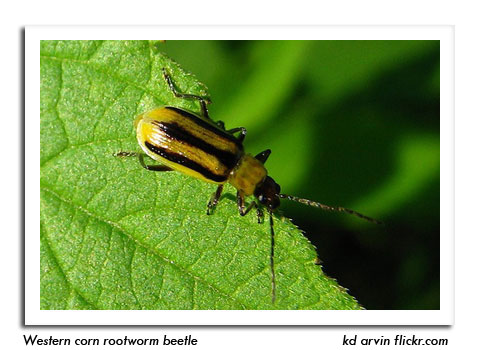
|
|
|